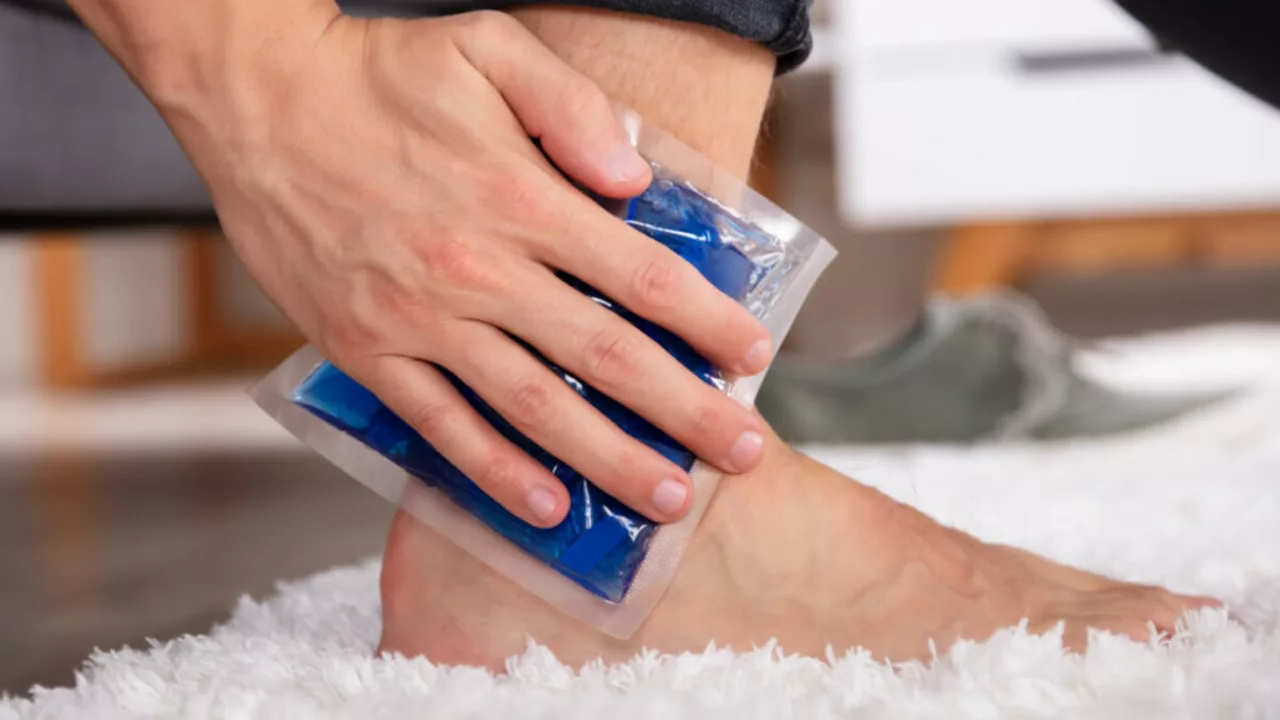Skin Health: Practical Tips and Treatments
Good skin doesn't need gimmicks. It needs simple care, smart choices, and the right info when things go wrong. This page collects clear tips and links to helpful articles on common skin problems, safe supplements, and when to talk to a doctor.
Daily care that actually works
Start with the basics: gentle cleanser, moisturizer, and sunscreen. Cleanse twice a day if you have oily or acne-prone skin; once a day for dry or sensitive skin. Use a fragrance-free moisturizer and reapply sunscreen every two hours when you're outside. Avoid harsh scrubs and over-washing. If you use active ingredients like retinoids or acids, introduce one at a time and give skin a few weeks to adjust. Patch-test any new product on your inner forearm before using it on your face.
Diet and sleep matter. Aim for a balanced diet with vegetables, lean protein, and healthy fats. Hydration helps skin elasticity. Poor sleep and stress can trigger breakouts or flare-ups. Small changes—like drinking water and cutting late-night sugary snacks—often show results faster than expensive products.
When supplements, herbs, or medications come into play
Some supplements can help skin, but they aren't magic. For example, our black walnut supplement article explains potential benefits and safety tips. Bitter herbs like tansy, wormwood, and gentian show up in traditional remedies; our comparison piece breaks down what each herb does and safety concerns. Always check interactions if you take other drugs.
Hormones affect skin. Birth control pills like Yasmin can change oil production and sometimes reduce acne, but they also carry side effects. Read our Yasmin guide and discuss risks with your clinician. For viral skin conditions, like herpes, we have a clear guide for parents and an article on treatment alternatives that explains options beyond the usual drugs. If a child has suspicious blisters or sores, see a doctor promptly.
Some skin issues need prescription meds. Antibiotics, topical steroids, or antiviral drugs may be prescribed for infections or inflammatory conditions. Follow dosing instructions and finish a prescribed course. If a medicine causes side effects, our site offers practical comparisons of alternatives to common drugs so you can ask informed questions during your visit.
Practical red flags: rapid spreading rash, fever with skin symptoms, open wounds that won’t heal, or sudden severe pain under the skin. Those require urgent care. For chronic conditions like eczema or rosacea, track triggers so you and your doctor can adjust treatment. Simple logs of products, foods, and flare days help more than vague descriptions.
Want deeper reading? Check linked posts on this tag for guides on supplements, specific drug options, and easy-to-follow prevention tips. Use this page as a starting point, and when in doubt, see a skin specialist who listens.
If you want product suggestions, look for non-comedogenic labels, check ingredient lists for alcohol and fragrance, and choose pH-balanced cleansers. A dermatologist can recommend prescription options like topical retinoids or light therapy when over-the-counter fixes fail. Save photos to track progress over time.




